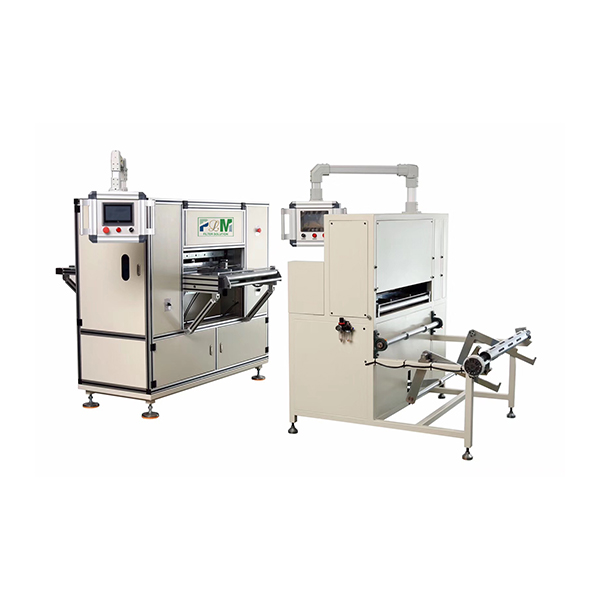Aug . 17, 2024 10:35 Back to list
Effective High-Performance Air Filters for Superior Dust Control and Clean Air Quality
High-Quality Dust Air Filters Importance and Benefits
In an era where air quality is increasingly becoming a concern, high-quality dust air filters play a crucial role in maintaining a healthy indoor environment. Airborne dust, allergens, and pollutants have the potential to cause significant health problems, particularly for sensitive individuals, including children and the elderly. Therefore, investing in high-quality air filters is not only a matter of comfort but also of well-being.
High-Quality Dust Air Filters Importance and Benefits
The benefits of high-quality dust air filters extend beyond simply removing particles from the air. Clean air can lead to improved respiratory health, especially for individuals suffering from asthma or allergies. By filtering out allergens and irritants, these filters can significantly reduce symptoms, leading to a better quality of life. Moreover, cleaner air can enhance sleep quality, productivity, and overall mood, creating a more conducive living and working environment.
high quality dust air filter

In addition to health benefits, using high-quality filters can also extend the lifespan of HVAC systems. Dust and debris can accumulate within these systems, leading to reduced efficiency and, ultimately, costly repairs. By using an effective air filter to trap dust before it can enter the HVAC system, homeowners can ensure their systems work more efficiently and require less frequent maintenance.
When choosing a dust air filter, it's essential to consider the MERV (Minimum Efficiency Reporting Value) rating. This rating measures a filter’s ability to capture particles of varying sizes. A higher MERV rating signifies greater filtration efficiency; however, it's worth noting that using a filter with a very high MERV rating in some HVAC systems can restrict airflow, which may lead to more significant energy bills or system strain. Therefore, it’s advisable to consult with HVAC professionals to find a balance that optimizes both air quality and system performance.
Another consideration is the type of filter material. For instance, HEPA filters are often made of paper or fiberglass, which may require periodic replacement. On the other hand, some electrostatic filters can be washed and reused, making them a more eco-friendly and cost-effective option in the long run. Whichever type is chosen, regular maintenance and timely replacement are essential to ensure filters operate at peak performance.
In conclusion, investing in high-quality dust air filters is a proactive step towards ensuring better air quality and, consequently, a healthier lifestyle. Not only do these filters aid in eliminating harmful particles from the air, but they also enhance the longevity and efficiency of HVAC systems. By prioritizing indoor air quality, individuals can create a sanctuary that promotes health, well-being, and comfort in their homes and workplaces. As we continue to face challenges related to air pollution and allergens, the importance of high-quality dust air filters cannot be overstated—it’s an investment in a cleaner, healthier future.
-
Premium Air Carbon Filter for Odor Removal & Pure Air
NewsJun.07,2025
-
PLCB-500 CE Certified Full-Auto Cabin Air Filter Gluing Machine
NewsJun.07,2025
-
Napa Gold 4003 Wix 24003 Premium Oil Filters for Engine Protection
NewsJun.07,2025
-
CE Certified Truck Air Filter Machine Line - Automated & Efficient
NewsJun.06,2025
-
Caterpillar Truck Engine Fuel Filters High Performance & Long Life
NewsJun.06,2025
-
Premium Metal Fuel Filter Durable & High-Flow Filtration
NewsJun.06,2025
